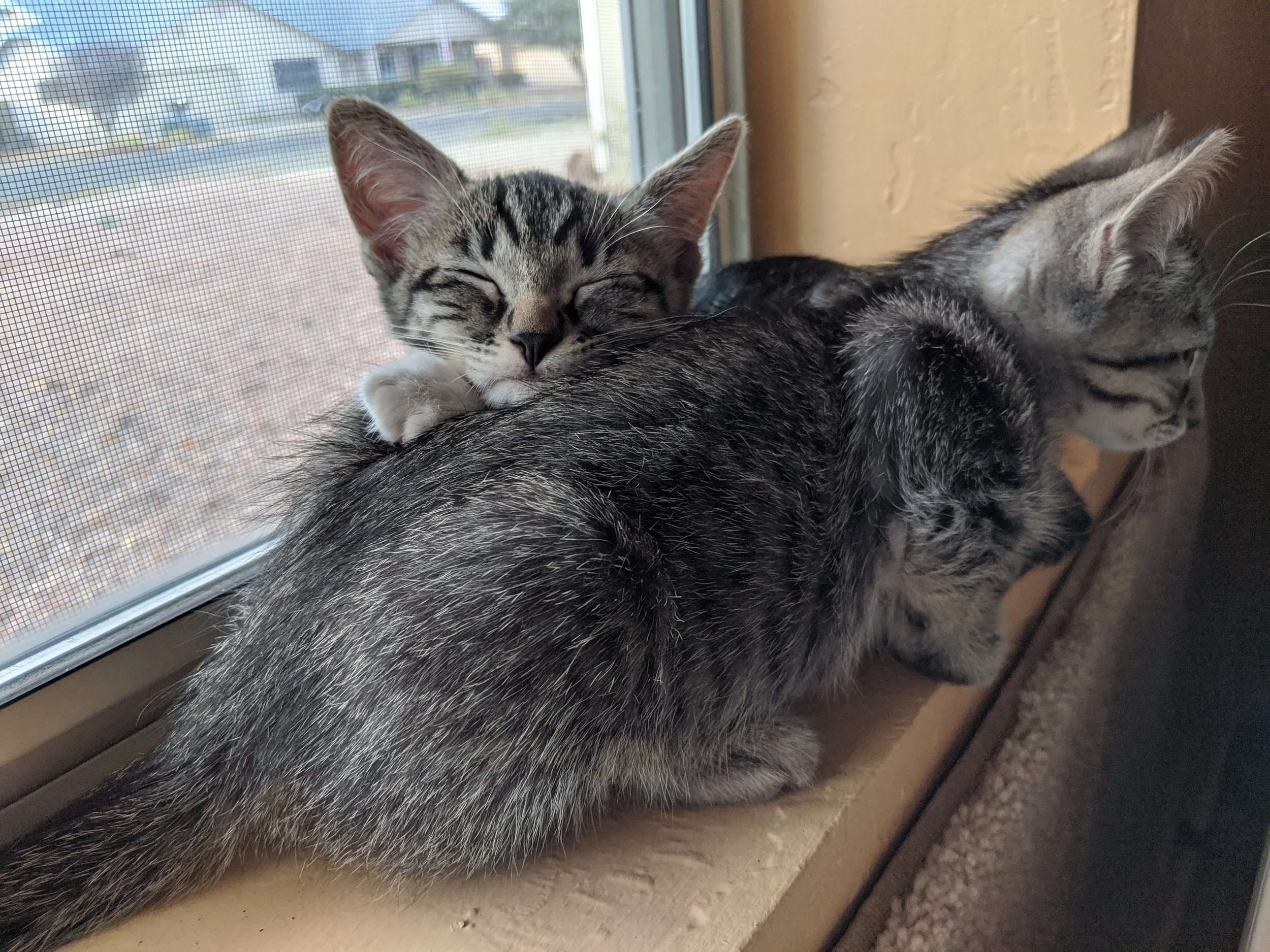
Welcome to Two Rivers Veterinary Hospital: Kittens
This page is intended as a quick-reference guide for kitten and cat owners. All recommendations reflect our clinic’s standards of care and are designed to support lifelong feline health.
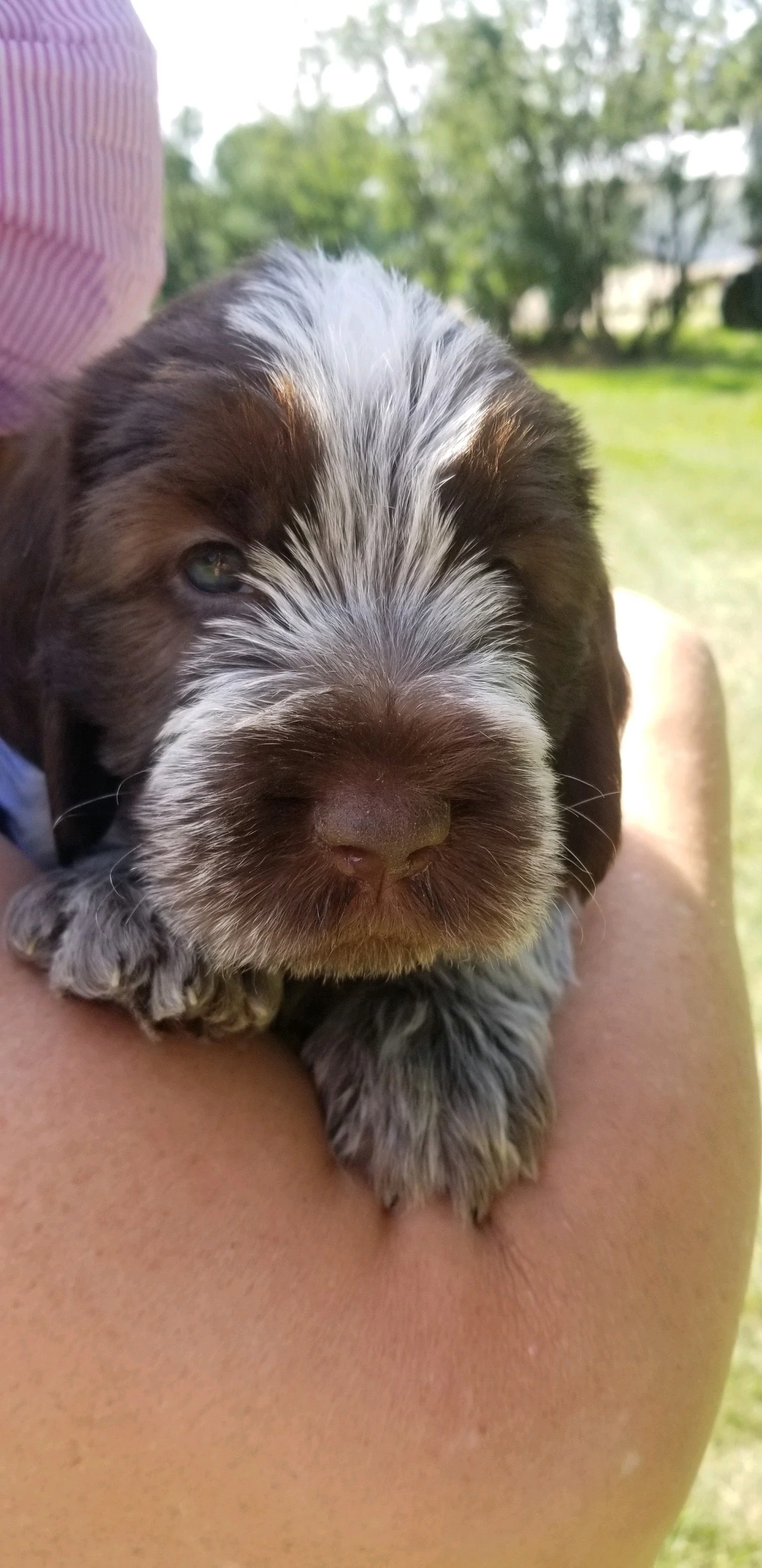
Welcome to Two Rivers Veterinary Hospital: Puppies
This page is designed to serve as a quick-reference guide for pet owners who have recently added a puppy to their family. All recommendations below reflect our clinic’s standards of care.

Platelet-Rich Plasma: The Healing Power Within Your Pet’s Blood
Platelets are packed with signaling proteins and growth factors that tell the body where to focus its healing efforts. When concentrated and injected into an area of injury or inflammation, they act like a beacon—attracting repair cells, stimulating new tissue growth, and reducing inflammation.

Breathing Easier: Why Early Airway Surgery Matters for Brachycephalic Dogs
If you’ve ever been charmed by the snorts and snuffles of a Bulldog, Pug, French Bulldog, or Boston Terrier, you already know what makes brachycephalic breeds so endearing. Their short, flat faces and expressive eyes give them an unmistakable look—but these same features come with a serious drawback: difficulty breathing.

Celebrating National Animal Shelter and Rescue Appreciation Week
Shelter pets come with a surprising number of perks! Most adopted pets have already received at least their first round of vaccinations, and many are spayed or neutered before adoption. That means you’re welcoming a pet who has already received essential veterinary care to start life with you on the right paw.
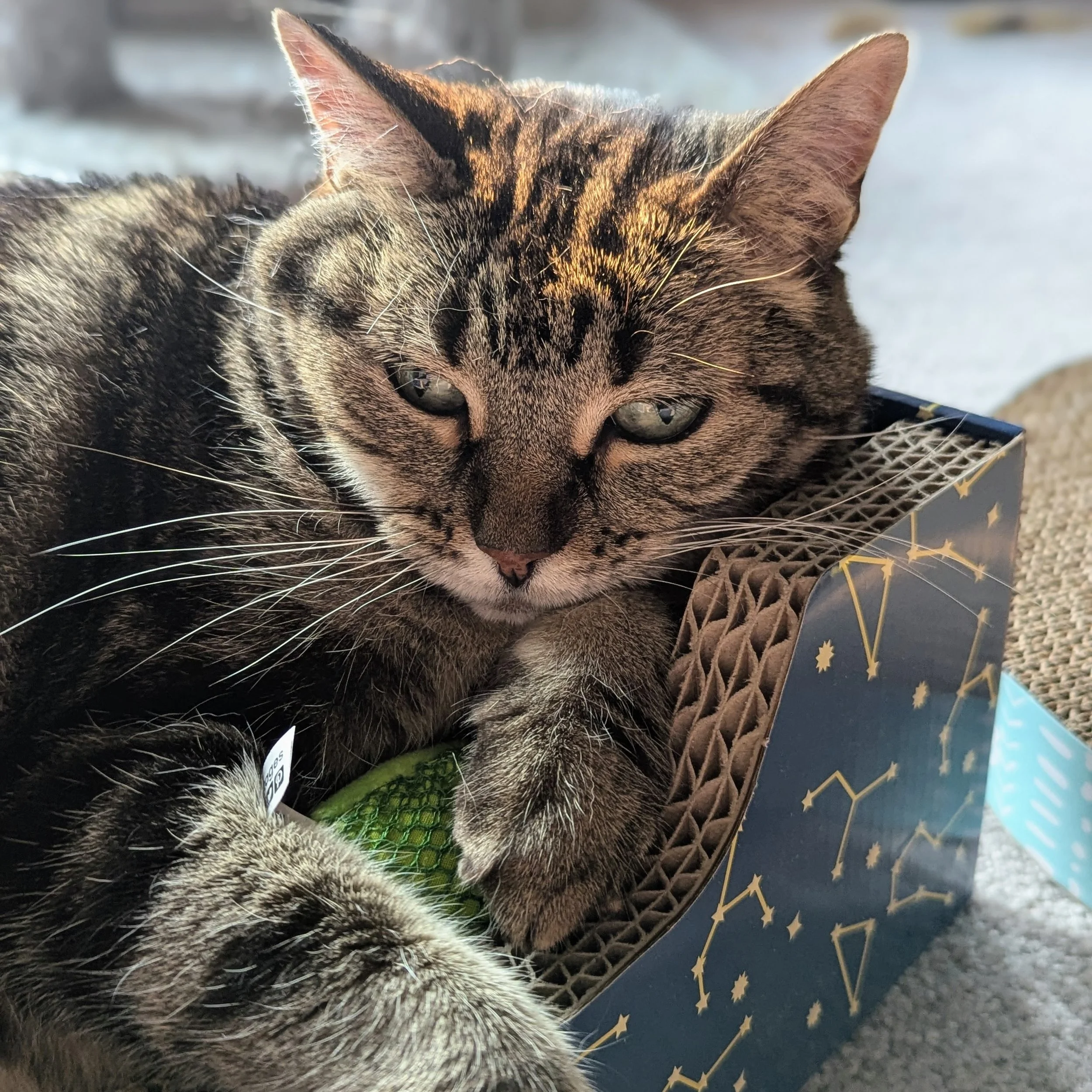
Bird Flu Found in Raw Cat Food: Why Pet Owners Should Take Precautions
The H5N1 bird flu virus has mutated to cause cross-species infections, affecting not just wild birds but also mammals, including cats. While the virus currently cannot spread easily between humans, every time it jumps into a new species, there is a risk of further mutation. By preventing exposure in pets, we help minimize the chances of a mutation that could threaten both animals and people.
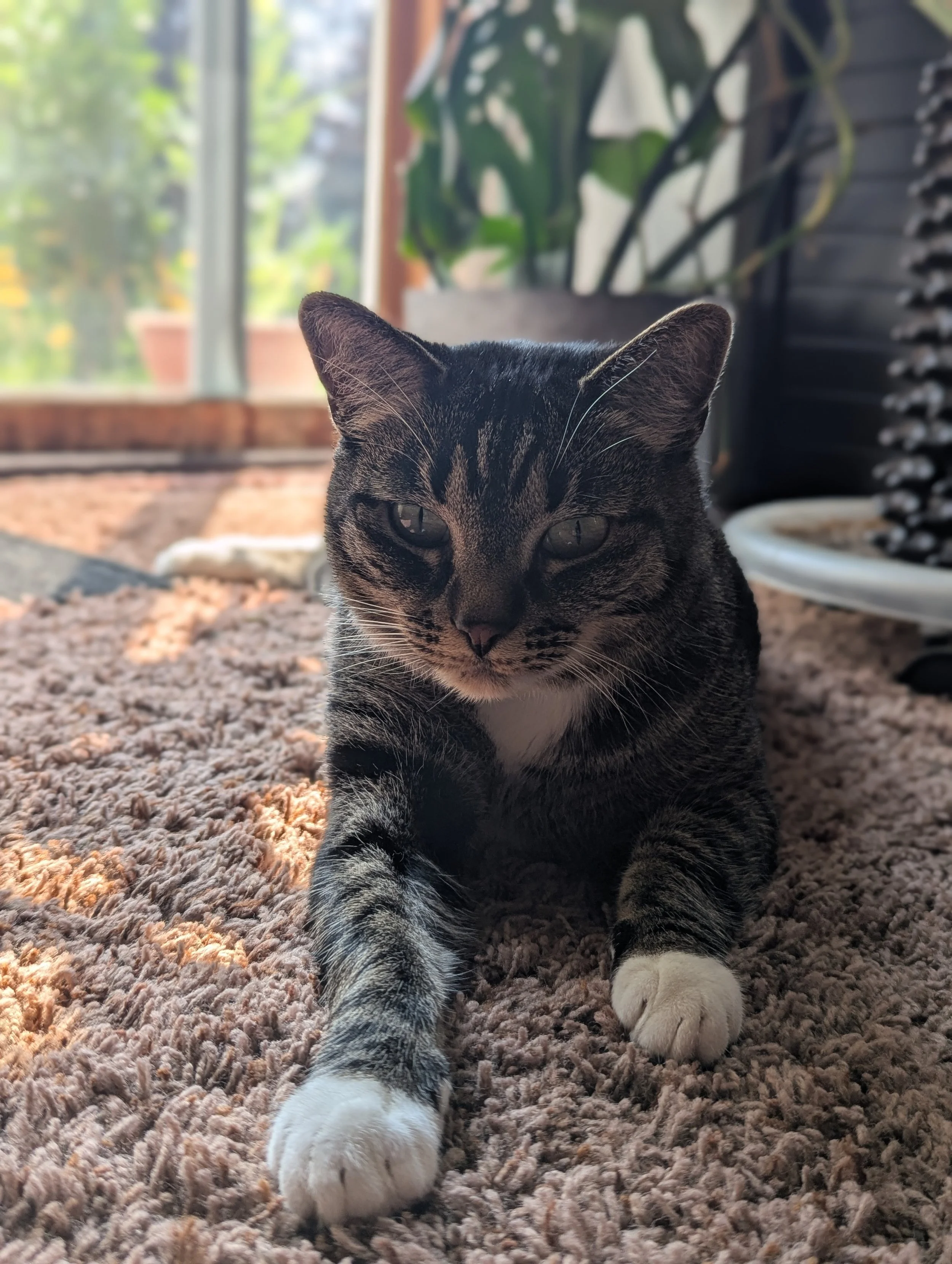
5 Indoor Enrichment Tips Every Cat Owner Should Know
Indoor cats require thoughtful enrichment to keep them mentally stimulated, physically active, and emotionally content. Indoor enrichment is also linked to reducing the incidence of urinary tract disease in cats prone to stress-related bladder issues. Below are five veterinarian-recommended tips to keep your indoor cat happy and healthy.
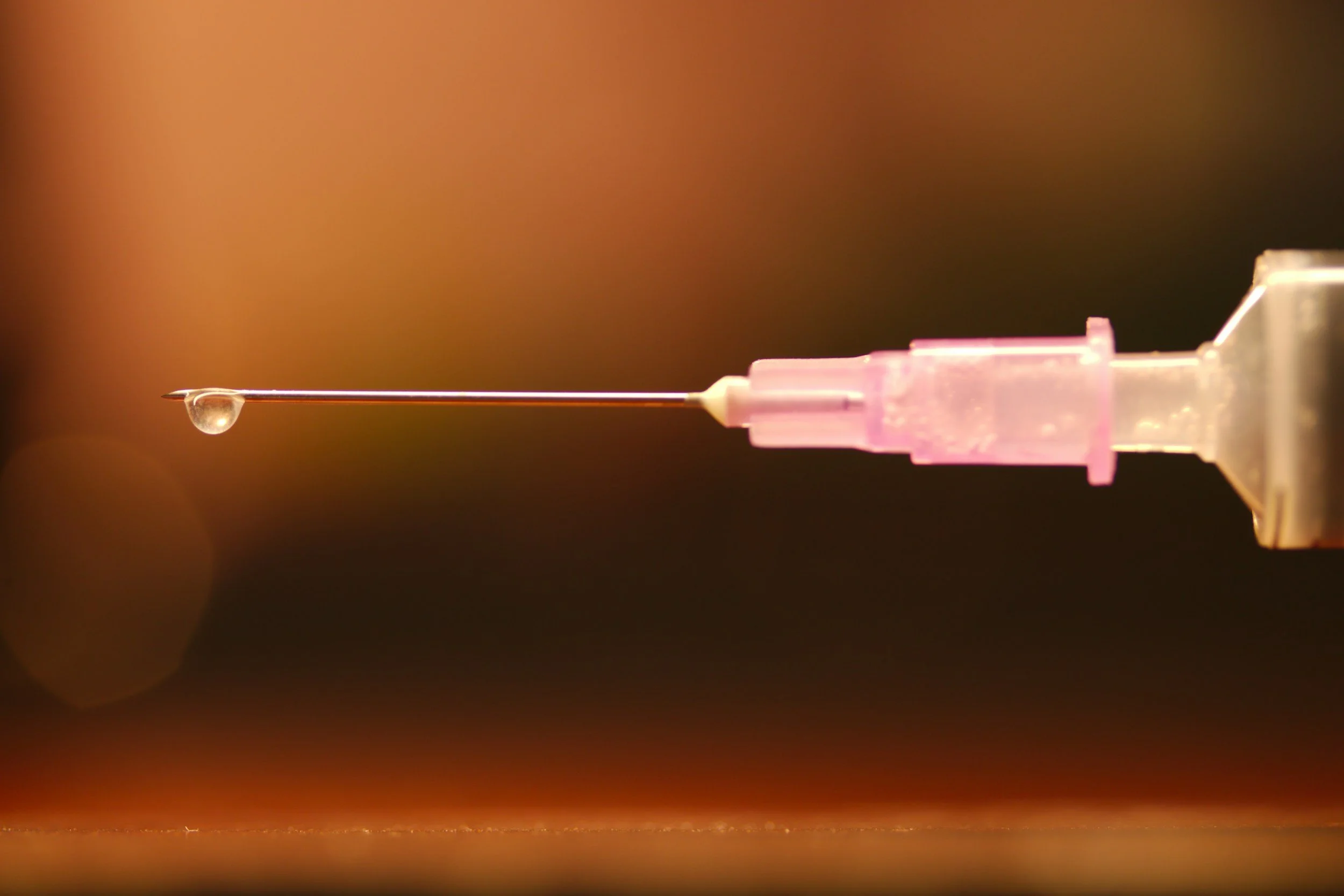
Stem Cell Therapy for Dogs and Cats: A Promising Future in Veterinary Medicine
Every pet is unique, and the decision to pursue regenerative medicine should always begin with a conversation with your veterinarian. At Two Rivers Vet Hospital in Fargo, ND, we’re proud to offer advanced therapies such as stem cell treatment alongside traditional veterinary care. Our goal is always the same: to help your pets live longer, healthier, and happier lives.

Check the Chip Day: Protect Your Pet with a Microchip
A microchip is a tiny device, about the size of a grain of rice, that’s placed just under the skin—usually between the shoulder blades. Each chip carries a unique identification number that’s registered to you, the pet’s owner, in a secure database. If your pet is ever found and scanned at a vet clinic or shelter, that number links directly back to you.

5 Hidden Greenery & Plant-Based Dangers Pet Owners Should Avoid
Some plants and plant-derived products can cause serious health issues for dogs and cats. Being aware of the risks helps you make safe choices for your home and garden.
Here are five plant-related hazards every pet owner should avoid:
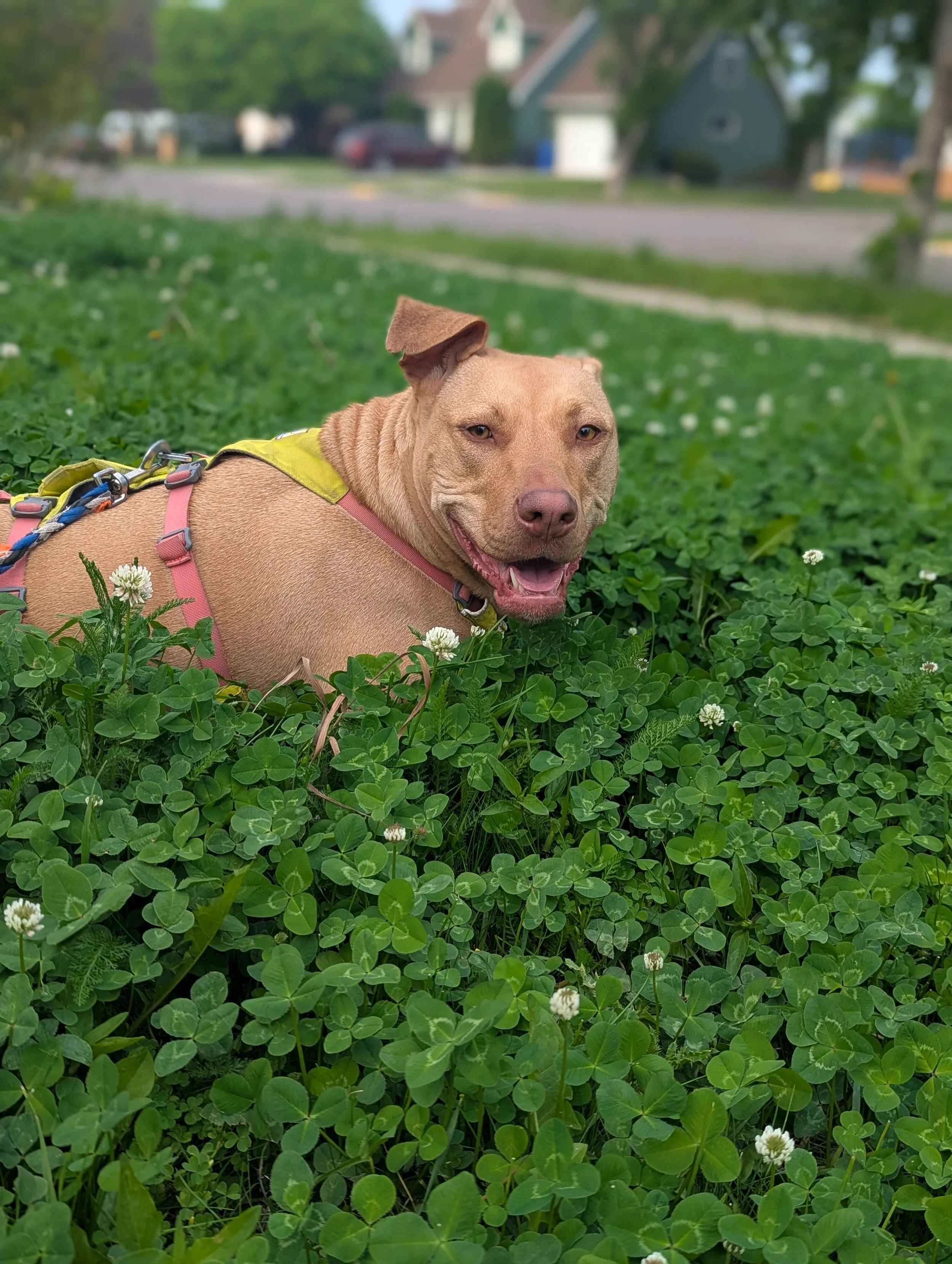
National Mutt Day
Thinking of adding a dog to your life? There are a lot of wonderful reasons to consider a mixed-breed companion. Beyond their charming quirks and “custom blend” personalities, mutts often benefit from increased genetic variety, which can mean better long-term health and fewer inherited issues.

Smile, Pup! Why We Love National Dog Photography Day
At Two Rivers Vet Hospital, we’re big fans of dogs (obviously), and we absolutely love when you share your favorite photos of your canine companions with us—whether it's a glamour shot, a mud-splattered grin, or the proud face of a dog who just destroyed a squeaky toy.
But did you know your camera can also be one of the most valuable tools in keeping your dog healthy?
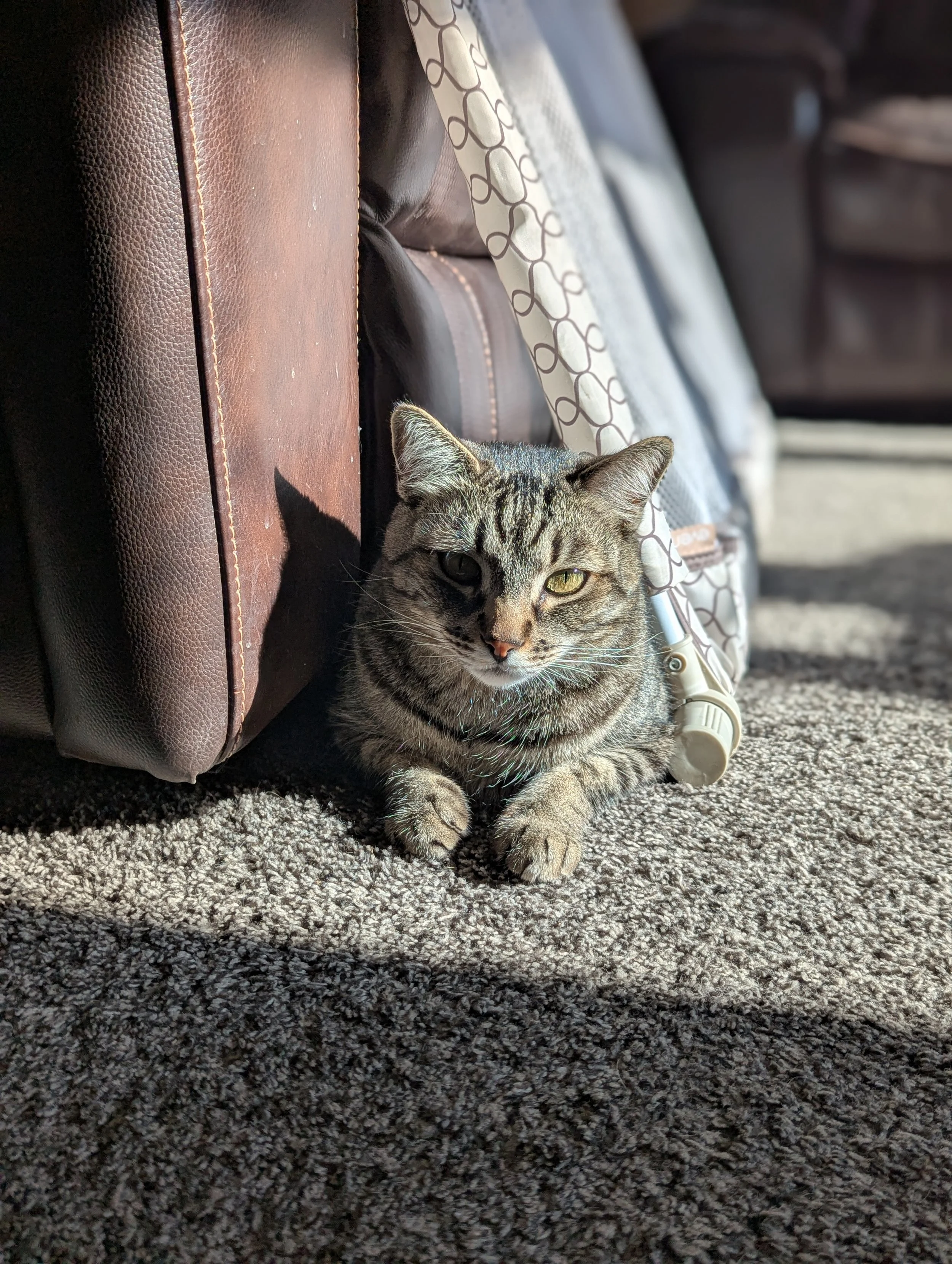
Supporting Your Cat’s Urinary Health Through Environmental Changes
If your cat is having repeated urinary issues, a medical exam and urinalysis are always the first step. But alongside medical treatment, a peaceful, enriched environment can significantly reduce the frequency and severity of urinary flare-ups.
Your cat’s comfort starts at home—and we’re always here to help guide the way.

Distichia in Dogs and Cats
Distichia occurs when extra eyelashes grow from an abnormal location—usually from the oil glands along the edge of the eyelid. These misplaced lashes often point inward toward the cornea (the clear surface of the eye), rubbing against it every time your pet blinks. Over time, this friction can cause chronic irritation, corneal ulcers, and even vision loss.
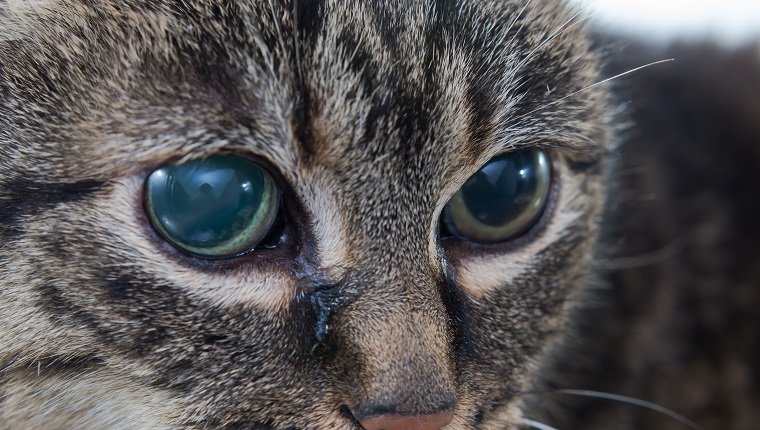
Understanding Glaucoma in Pets
Glaucoma is a serious and painful eye condition that can affect both dogs and cats. At Two Rivers Vet Hospital in Fargo, ND, we treat glaucoma as an emergency because it can cause irreversible vision loss if not diagnosed and treated quickly. This condition occurs when the pressure inside the eye—called intraocular pressure (IOP)—becomes too high, damaging the optic nerve and internal structures of the eye.
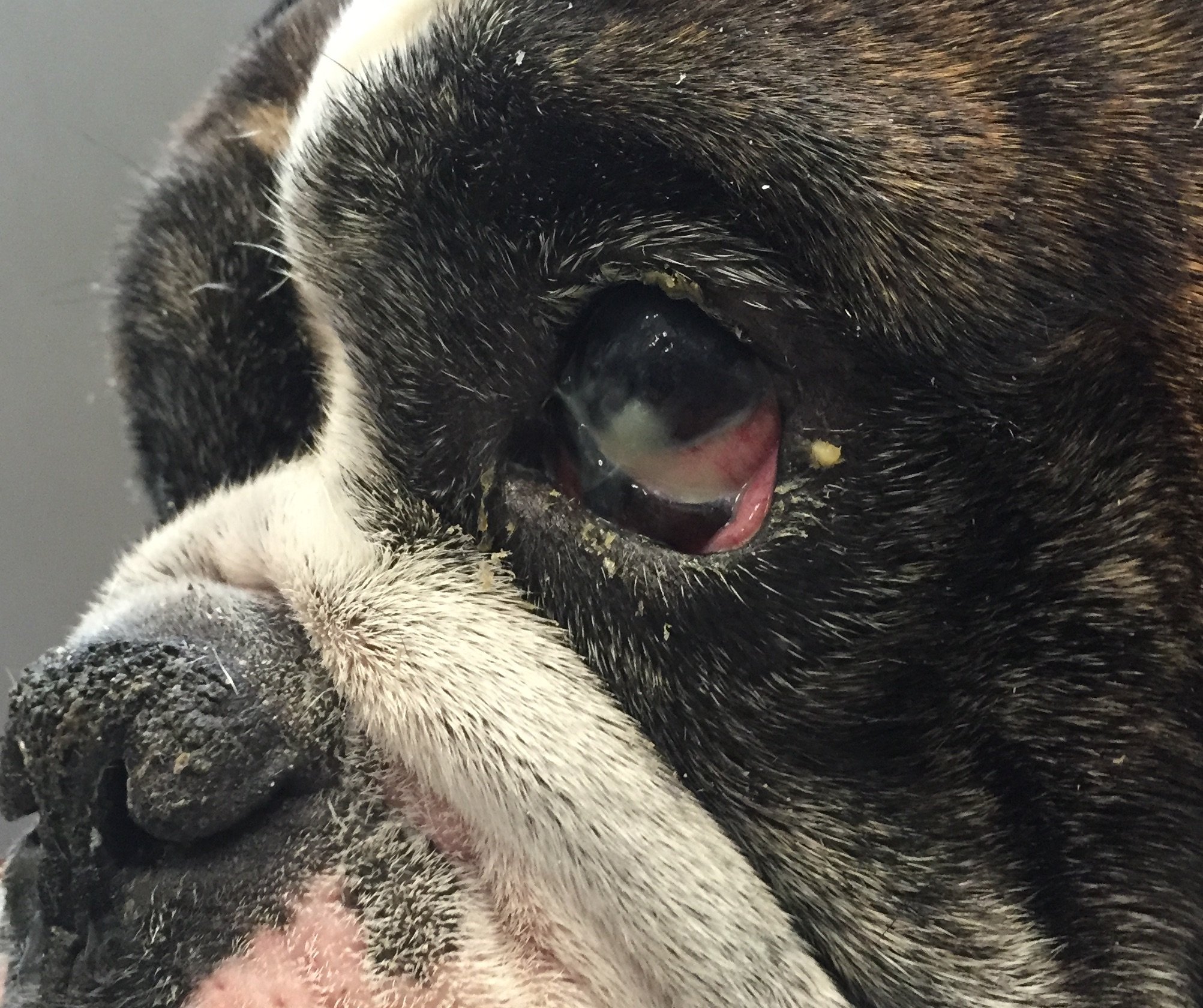
Dry Eye in Pets: Understanding Keratoconjunctivitis Sicca (KCS)
Often referred to as “dry eye,” KCS occurs when your pet’s eyes stop producing enough tears to keep the surface of the eye healthy and lubricated. Without adequate moisture, the eyes become dry, inflamed, and vulnerable to injury or infection.

Corneal Abrasions
This is one of the more common eye problems in pets, and it can be quite painful.
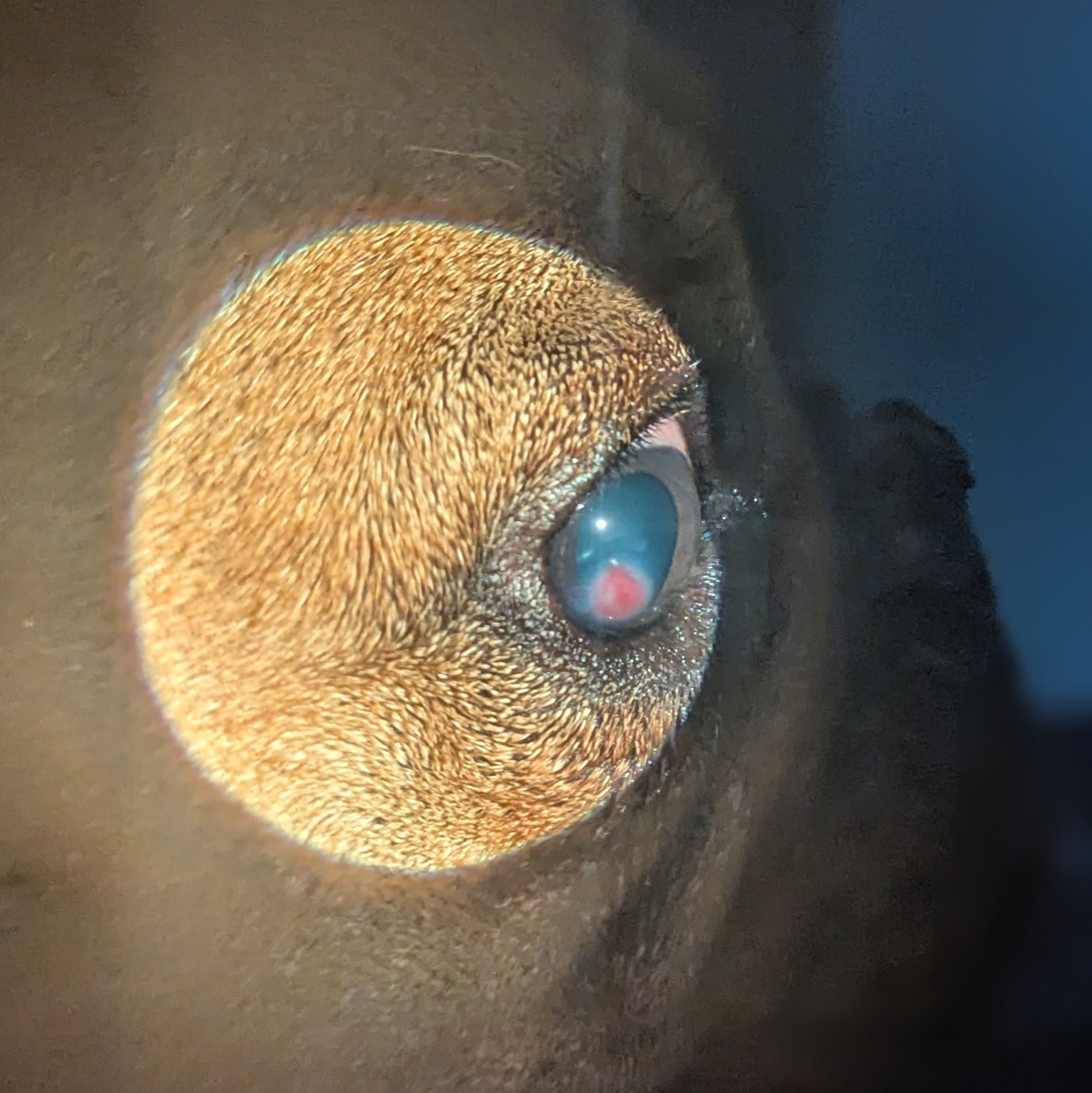
Why Is My Pet’s Eye Red?
If your dog or cat has a red, irritated eye, it’s more than just an unsightly annoyance—it’s a signal that something’s not right.

Feline Tooth Resorption: What Every Cat Owner Should Know
FORLs, also known as tooth resorption, occur when a cat’s own body begins to break down a tooth, starting at the enamel and working inward. Over time, this painful process leads to exposure of the sensitive inner parts of the tooth. Unfortunately, most cats show little to no obvious symptoms until the lesion is severe.
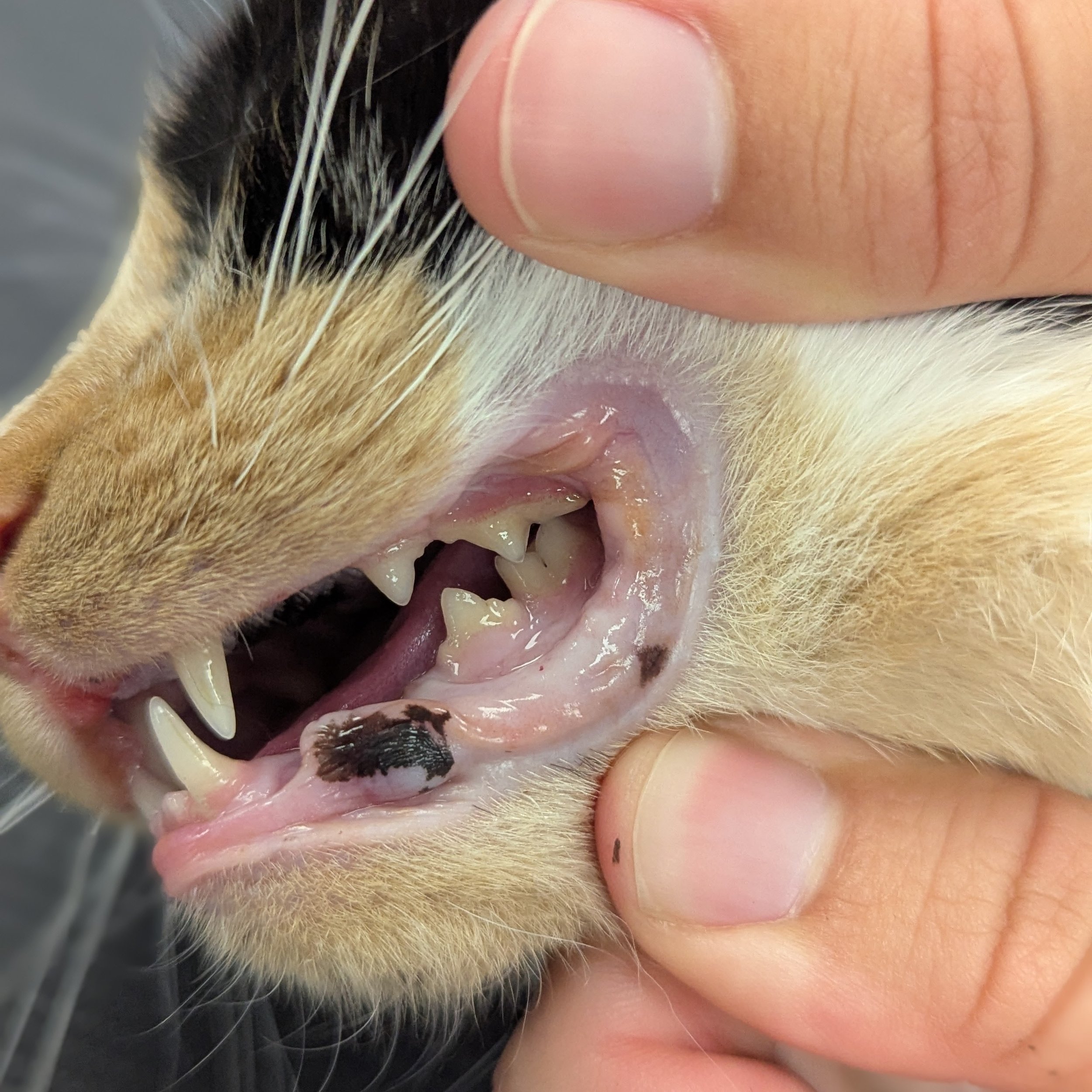
Why Dental Care for Cats Matters More Than You Think
It’s not just tartar buildup we worry about. We’ve found foreign objects stuck under the tongue, fractured teeth, and even the occasional needle lodged in the roof of a cat’s mouth (true story—from a routine neuter appointment!). These issues may cause chronic pain, infection, and difficulty eating, but your cat may simply go on like nothing’s wrong.
